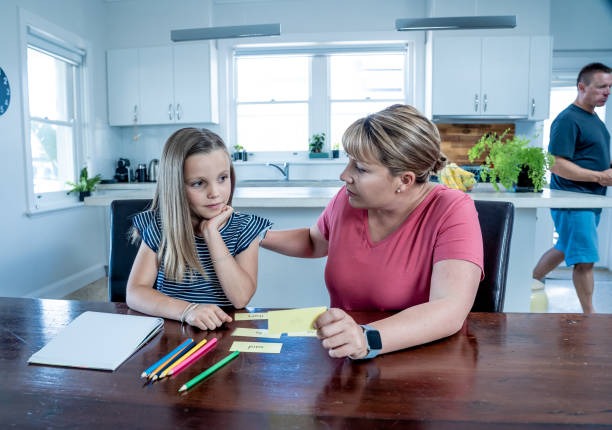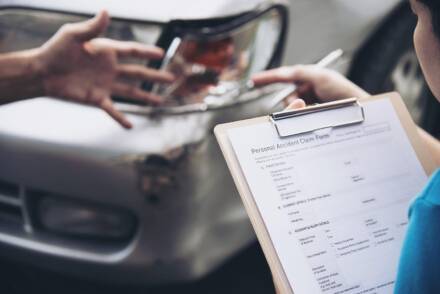Intro
Divorce can feel a bit like splitting a pizza: the grown-ups argue over who gets the last slice while the kids just want reassurance that dinner isn’t cancelled altogether. When emotions and pepperoni start flying, Melbourne family lawyers often remind parents that the real heroes are the support services waiting in the wings to help children cope, heal and even keep their sense of humour.
Key Takeaways
- Government-funded centres such as Family Relationship Centres (FRCs) and Children’s Contact Services provide free or low-cost, child-inclusive help.
- Kids Helpline (1800 55 1800) and headspace offer 24/7 phone, webchat and in-person counselling for young people.
- Schools and community programmes can plug children back into routine, friendships and constructive activities.
- Medicare rebates reduce the cost of private child psychologists—ask your GP for a Mental Health Treatment Plan.
- The right service depends on your child’s age, temperament, cultural needs and the level of parental conflict.
Kids Need Extra Support When Parents Split
Children aren’t just small adults; their brains are still wiring themselves faster than a dodgy DIY electrician. Studies show parental separation can trigger anxiety, sleep troubles and even nose-dive marks at school.⁽¹⁾
A neutral counsellor can:
- translate adult legalese into child-friendly language (“consent orders” becomes “mum and dad’s new plan”),
- teach coping strategies (goodbye, stress-chewing sleeves), and
- validate feelings that often get drowned out by the grown-ups’ echo chamber.
By giving youngsters a safe ear, we reduce the risk of long-term mental-health blips and help them focus on being, well, children.
“It’s not the size of the family that matters, but the size of the support network around it.”
Government-Funded Services You Should Know
Family Relationship Centres (FRCs)
Found in over 65 locations nationwide, FRCs supply family-law information, parenting-plan mediation and “child-inclusive” sessions. The first hour is free; additional sessions are heavily subsidised. Importantly, staff are trained to spot red flags like family violence or entrenched conflict and can fast-track referrals.
Children’s Contact Services
When handovers resemble the Battle of the Bastards, Children’s Contact Services step in with supervised visits and change-overs so kids don’t witness fireworks. Fee structures vary by state, but concessions and priority placements exist for low-income families.
Community & School Programmes: Local Heroes
Many Australian schools run wellbeing programmes—think Rainbows, DRUMBEAT or simple lunchtime “friendship clubs”. Guidance counsellors can organise group sessions so children realise they’re not the only ones who think arguments over who keeps the air-fryer are bizarre.
Local councils often fund neighbourhood-centre workshops featuring art therapy, sport or even the occasional therapy-goat (yes, really—goats are excellent listeners). Check the council website or the school newsletter; these services are usually free or gold-coin donation.
Online & Phone Helplines: Help at Their Fingertips
Even the bravest kid may clam up face-to-face but happily unload in a webchat at 10 p.m. wearing dinosaur pyjamas. Here are the digital lifesavers, one emoji away:
- Kids Helpline – 1800 55 1800 (ages 5-25, 24/7 phone, email & webchat)
- headspace – eheadspace.org.au (ages 12-25, 9 a.m.–1 a.m. live chat)
- Parentline (state-based phone lines supporting parents so their stress doesn’t spill onto junior)
- Beyond Blue (youth resources plus trained counsellors if sad turns to something deeper)
- eSafety Commissioner’s Young & Safe resources (guides on staying civil online when family chat threads implode)
Helplines are staffed by qualified counsellors—not random internet aunties—and can escalate cases needing urgent intervention. Bonus: they never run out of biscuits.
Private Therapy Options & Medicare Rebates
If your child needs more individual attention—say, ongoing play therapy or trauma-informed psychology—private practitioners shine. Prices hover around AUD $180-$230 per session, but a GP-issued Mental Health Treatment Plan unlocks up to 10 rebated sessions (roughly $90 back each time).
For under-13s, Child Psychology Services (Item 80110) can sweeten the rebate further, and telehealth sessions remain possible in many regions post-pandemic. Don’t forget to shop around: some practitioners bulk-bill, and university psychology clinics often run discounted student-supervised appointments.
Conclusion
Children didn’t choose the break-up, but they can choose from an impressive smorgasbord of support—government centres, school programmes, private therapists and 24/7 helplines ready to swoop in faster than a seagull on hot chips. Acting early keeps little worries from morphing into teenage monsters. If you’re unsure where to start, contact Tonkin Law for a friendly roadmap—and, yes, we promise to share the last slice of pizza.






